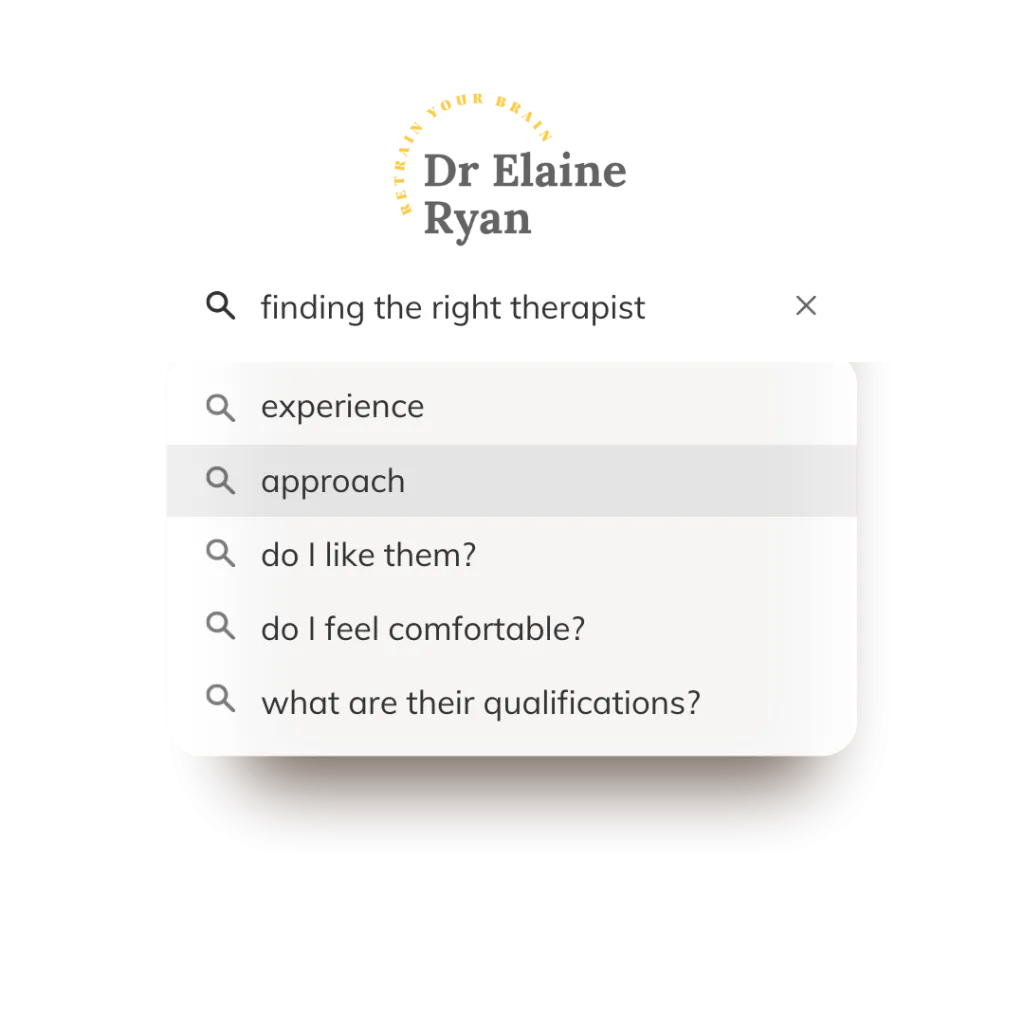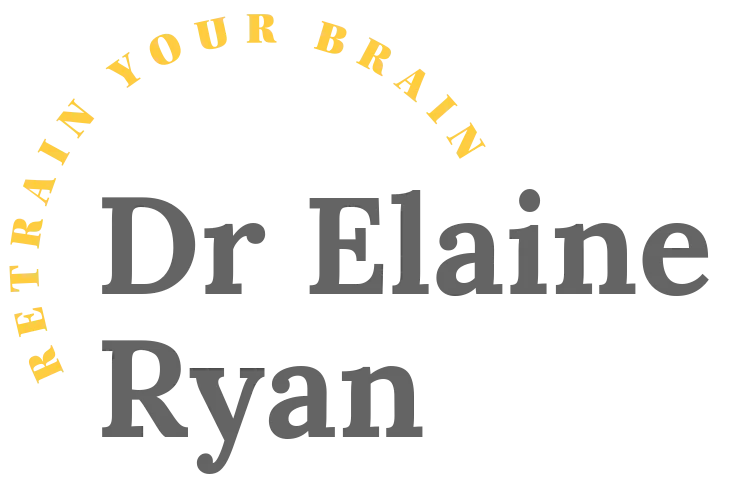I wrote this article to explain the models of therapy offered in the clinic, outlining the benefits, processes, and different approaches available. I will explain the differences between counselling and therapy, and the various therapeutic approaches, including CBT, psychodynamic therapy, and humanistic therapy as well as explain the importance of regulatory bodies in maintaining standards.

Counselling services in Dublin offer a lifeline. They provide support for those grappling with mental health issues, life transitions, or personal development goals. Whether you choose to work with me or another counsellor, I wrote this guide to help you navigate the choice of counselling services available in the Dublin area.
Counselling is a professional service that offers individuals a safe space to explore their feelings. These services are provided by trained professionals. They use various therapeutic approaches to help individuals understand and manage their challenges. You can see and read more about the different approaches we use in the table below.
What is Psychotherapy?
Psychological therapy, often referred to as psychotherapy, is what happens between you and your therapist when you meet at a pre-agreed time and space to help with your current difficulties.
While the terms ‘therapy’ and ‘counselling’ are sometimes used interchangeably, they can be quite different. Counselling can be thought of as addressing specific issues over a shorter duration, whereas therapy often involves a deeper exploration of your concerns.
Therapy has come a long way since its inception in the late 19th century with pioneers like Sigmund Freud. Over time, numerous approaches have developed, each contributing unique techniques and perspectives to the field.
The Therapist-Client Relationship
Central to effective therapy is the relationship between therapist and client; so central that it is taught on professional training programs. When I undertook my doctorate, learning about the therapeutic relationship was the cornerstone to my practice as it developed.
Confidentiality and Ethical Guidelines
Therapists adhere to strict confidentiality and ethical guidelines to protect clients’ privacy and ensure professional integrity.
The Therapeutic Setting
Therapy can be conducted in various settings, including individual, group, and family sessions and from the comfort of your home if you choose online. The choice depends on your needs and preferences.
Online Therapy vs. In-Person Therapy
It’s not so long ago that I started offering online therapy, and at that time it was seen as a novelty, but in recent years and particularly post Covid, online therapy has become increasingly popular, offering flexibility and accessibility. However, some may prefer the personal touch of in-person sessions.
Goals of Therapy
Therapy goals can be short-term, such as managing immediate stress, or long-term, like exploring deep-seated issues. Progress is regularly measured to ensure the effectiveness of the therapeutic interventions. When working in settings such as the HSE or NHS progress will usually be monitored in a much more formal way than private practice.
The Therapy Session
During a therapy session, clients can expect a structured yet flexible approach, where various techniques and interventions are employed based on the therapist’s modality and the client’s needs.
Finding the Right Therapist
When choosing a therapist, consider their credentials, experience, therapeutic approach, and whether they accept your insurance or offer affordable rates.
Online directories, recommendations from friends or family, and initial consultations can help you find a suitable therapist.
It’s also important to consider the counsellor-client fit. This refers to the level of comfort and trust between the counsellor and the client. A good fit can significantly enhance the effectiveness of counselling.
Further reading
- Difference between all types of therapists
- Types of psychologists
- Benefits of seeing a psychologist
- What to expect from therapy
Qualifications and Credentials of Counsellors
When choosing a counsellor, it’s essential to consider their qualifications and credentials. Counsellors in Dublin should have a minimum of a diploma in counselling or psychotherapy. They should also be registered with a recognized professional body, such as the Irish Association for Counselling and Psychotherapy (IACP). Most therapists these days have at least a Masters Degree and for people like myself, psychologists, we have doctorates.
Regulatory Bodies andStandards in Ireland
Regulatory bodies play a crucial role in maintaining the standards of counselling services. In Ireland, the IACP and the National Association for Professional Counselling & Psychotherapy (NAPCP) are the main regulatory bodies.
They ensure that counsellors adhere to ethical guidelines and maintain professional competence.

Different Approaches to Counselling
Counsellors use various approaches, including cognitive-behavioral therapy, psychodynamic therapy, and humanistic therapy. Each approach has its unique strengths and is suited to different types of challenges. Understanding these approaches can help individuals choose the counselling service that best fits their needs.
It’s crucial to remember that the effectiveness of counselling largely depends on the individual’s commitment to the process.
The Logistics of Counselling Services
Understanding the logistics of counselling services is essential for a smooth therapeutic journey.
This includes knowing the cost, the setting, and the mode of delivery of the services.
In Dublin, counselling services are offered in various settings, including private practices, community services, and online platforms.
The cost of these services varies, with some counsellors offering a sliding scale fee based on the client’s income.
It’s also important to consider the accessibility of the services, especially for individuals with mobility issues or those living in remote areas.
Cost and Insurance Coverage
The cost of counselling services in Dublin varies widely.
It can range from €50 to €120 per session, depending on the counsellor’s qualifications and the length of the session.
Some counsellors offer a sliding scale fee, and some insurance plans may cover a portion of the cost.
Counselling Settings and Accessibility
Counselling services in Dublin are offered in various settings.
These include private practices, community mental health centres, and online platforms.
When choosing a setting, consider factors such as location, accessibility, and the comfort of the environment.

